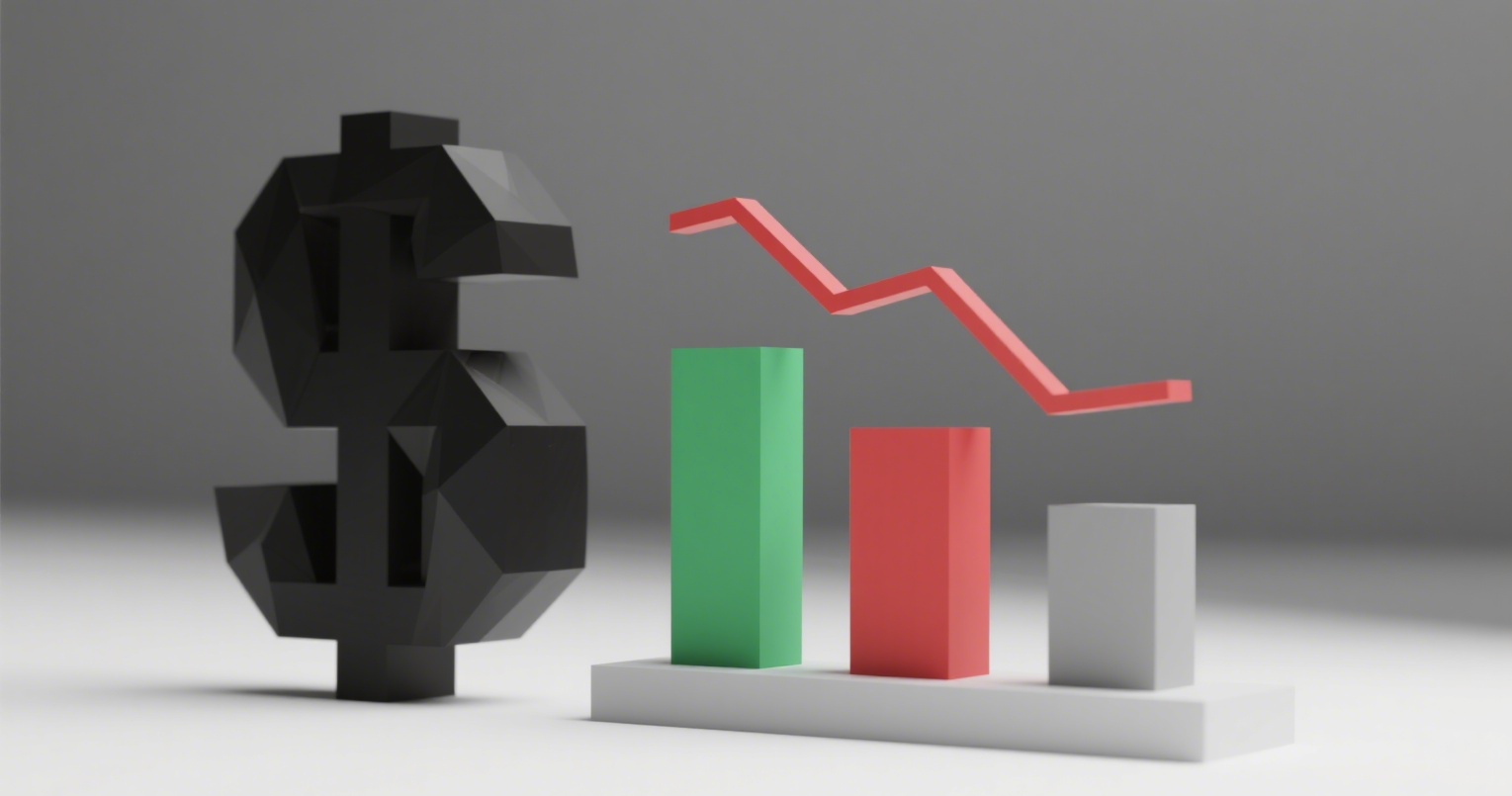
What is Private Benefit?
Private benefit refers to the gain received by an individual economic agent from an economic activity, including only direct benefits.
In contrast, social benefit refers to the total gain an economic agent's action brings to society, encompassing both direct and indirect benefits.
Private Benefit vs. Social Benefit
Externalities can be positive or negative. Under positive externalities, private costs exceed social costs, and private benefits fall short of social benefits. Goods with positive externalities are widely consumed but under-supplied, leading to shortages.
Examples:
-
A factory discharging wastewater into a river reduces its operational costs and increases profits, but society bears the harm. Here, social benefit (factory profits minus others' losses) is less than private benefit. Since the factory ignores others' losses, pollution exceeds the socially optimal level.
-
Smoking in public imposes secondhand smoke harm, making marginal social net benefit lower than marginal private net benefit—a negative externality.
-
Car emissions and construction noise in residential areas also exhibit negative externalities.
However, without patent protection, inventions benefit not only creators but society at large (e.g., China’s ancient "Four Great Inventions" shared globally).
-
A household’s garden benefits neighbors (positive externality).
-
Internet usage enhances overall network value (even if individual impact is negligible, the network effect aggregates small contributions).
-
Environmental protection and national defense yield marginal social net benefits exceeding private ones, reflecting positive externalities.
















